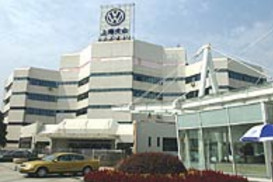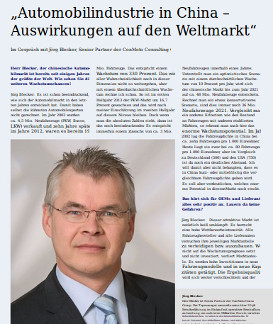Engineering
The term CIP came under Kaizen from Japan to Germany. The continuous improvement process - CIP - characterizes the steady improvement of product, process and service quality. This will enable staff to work independently in their departments and teams to ongoing improvements in their area of responsibility and in their environment. The small improvements of any kind are in the foreground.
 To achieve economic success of CIP, it is important to make this process as part of the general corporate culture and implement. To do this the appropriate conditions, such as provision of working, training, implementation in workflows and processes and in particular the implementation of the ideas are created.
To achieve economic success of CIP, it is important to make this process as part of the general corporate culture and implement. To do this the appropriate conditions, such as provision of working, training, implementation in workflows and processes and in particular the implementation of the ideas are created.
In Germany began in the 1990s in the automotive industry with CIP in the manufacture and assembly. It spread in all labor and industrial sectors and has been so for a characteristic employee- and participatory corporate culture. In practice, CIP has also been proven in other areas. So KVP is now used in the service and administrative processes.
The staff analyze their workspace in CIP teams and come up with concrete proposals for improvement. But they are mostly previously trained in teamwork and group facilitation.
The procedure is usually as follows:
- Define and delimit work system (What should be improved?)
- Actual state and target state described based on metrics
- Describe and assess problems
- Rate issues (time, money, energy, ...)
- Problem analysis (causes, contexts, interfaces, side effects)
- Solution ideas gather (for example brainstorming)
- Rate solution ideas and decide
- Measures derived, assess income and expenses
- Result presentation to the decision-making body
- Measures agreed (who does what by when?) and resource cleared
- Implement measures
- Check success
CIP promotes flexibility, an important quality in order to adapt to changing markets.
Million Chinese discover your own car
The automotive market in China is changing totally
Challenges for Shanghai Volkswagen
Interview with Chen Zhixin and Jörg Blecker.
Competition and growth strategies - Automotive Industry in China - impact on the world market.
 BLECKER ENGINEERS
BLECKER ENGINEERS




 ...
...

